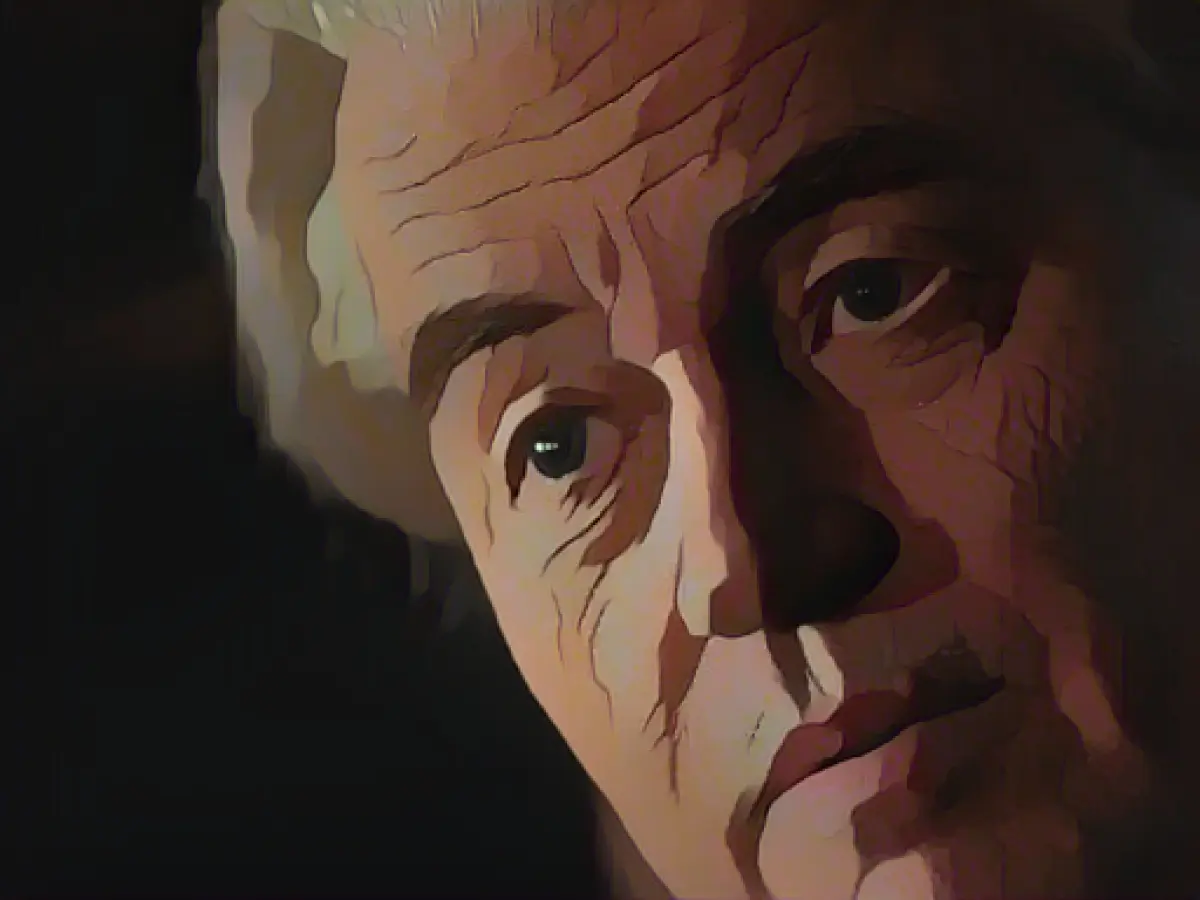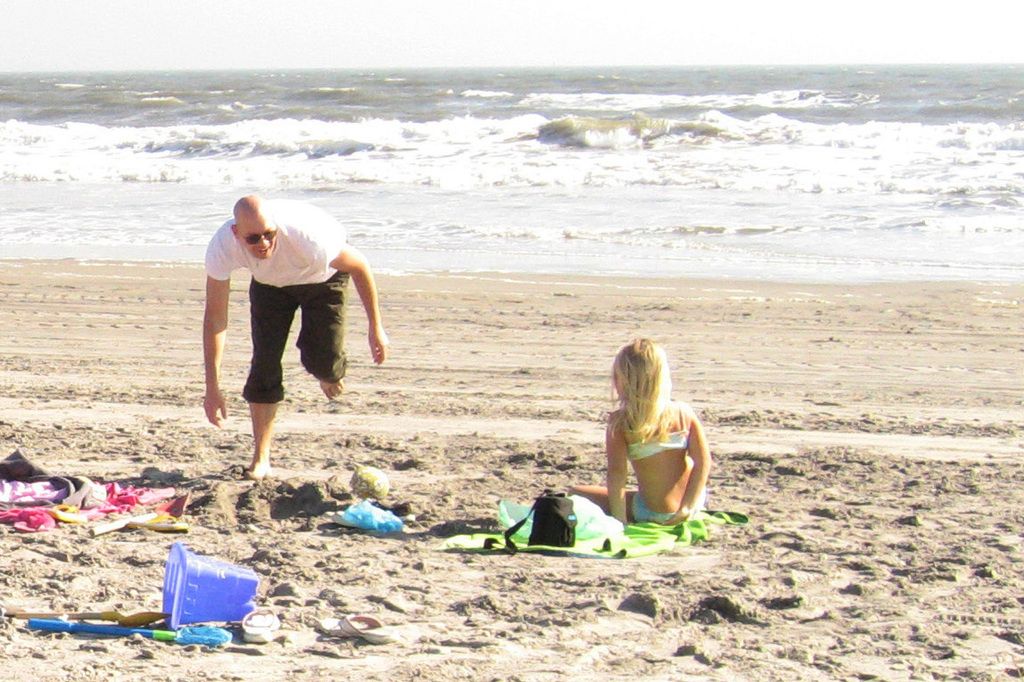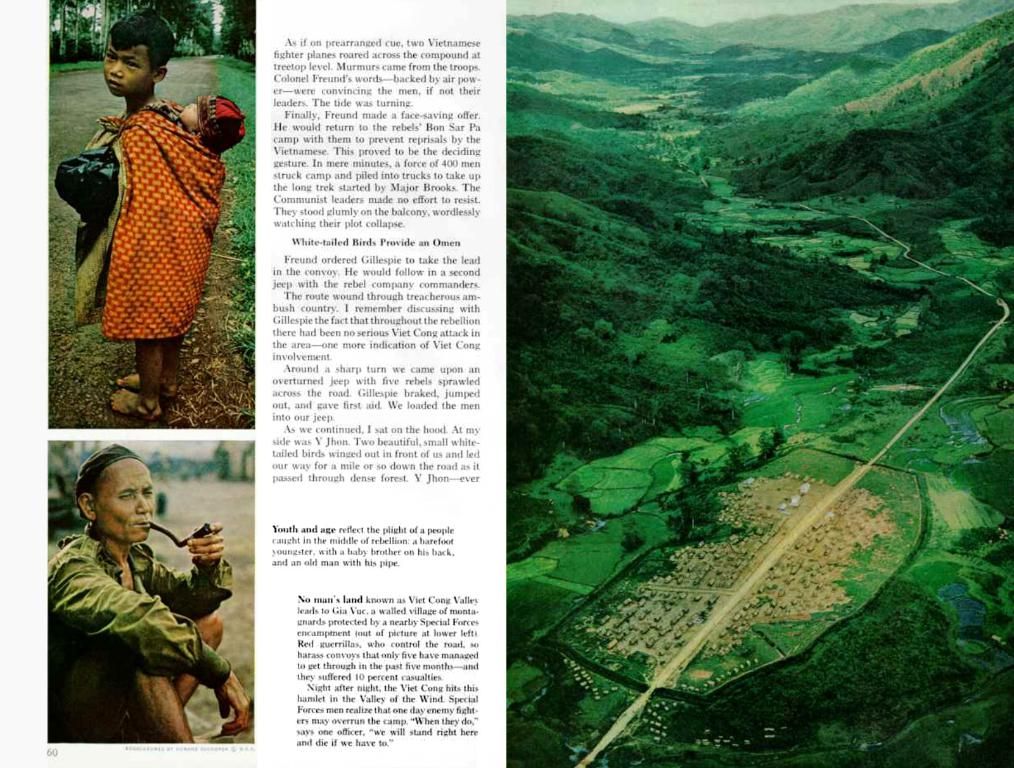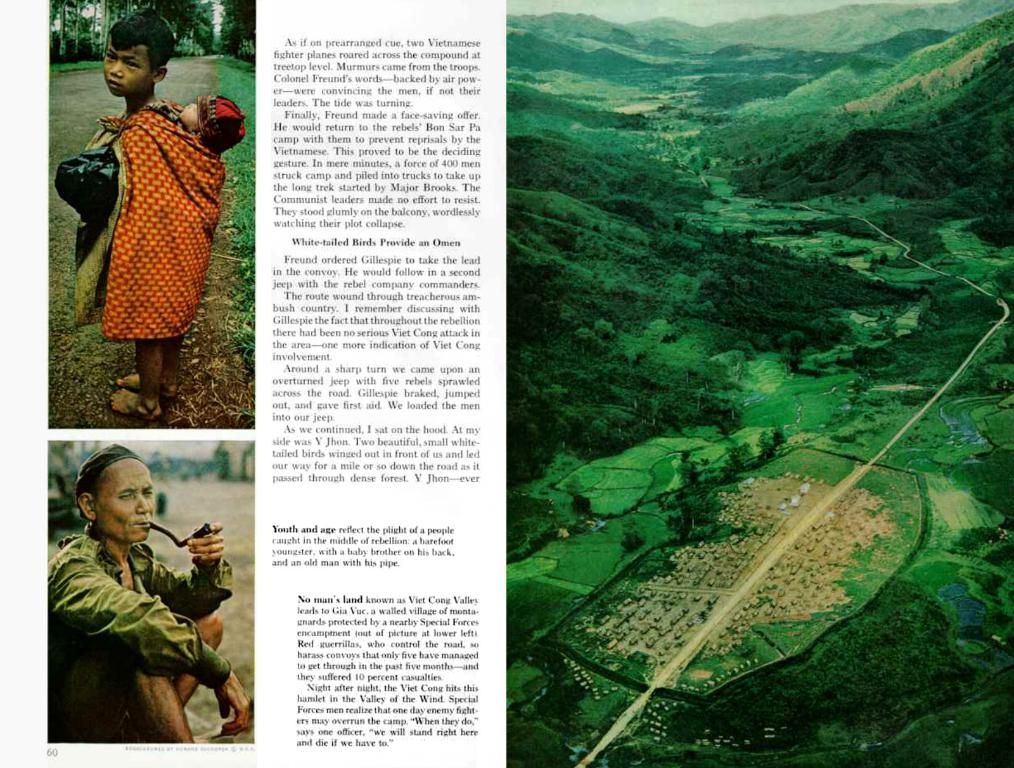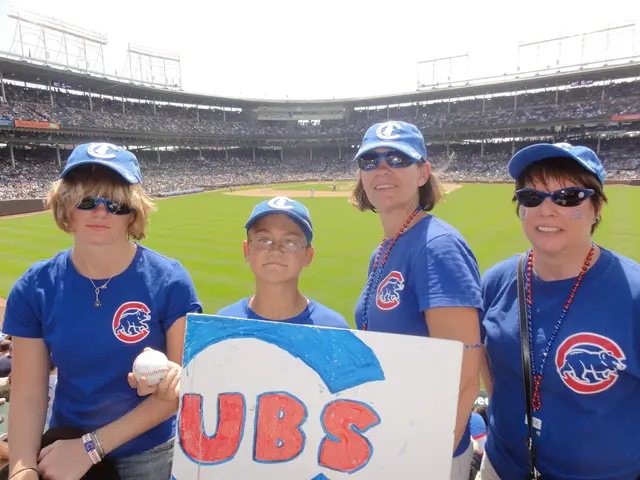Title: The Rising Tide of the Dutch Right: A New Era with Geert Wilders
With Geert Wilders' Party for Freedom scoring a stunning 37 seats in the 2023 Dutch elections, shockwaves have reverberated across the Netherlands and Europe at large. Wilders, the solitary leader of his party, can barely contain his triumph. The media is calling it "historic," while Dutch society grapples with feelings of disbelief and unease.
Two decades ago, sociologist Pim Fortuyn spearheaded a shift to the right with his right-wing populist message. Propelling Fortuyn to mainstream popularity, his landslide victory was cut tragically short by an assassin's bullet. Yet, Fortuyn's legacy lived on through Geert Wilders, the blonde-haired orator with Venlo dialect, who inherited the populist mantle.
A simple yet effective strategy distinguished Wilders from Fortuyn's party: he remains the sole PVV party member, preventing the chaotic splintering that occurred after Fortuyn's demise. His followers can only register as sympathizers or supporters, ensuring a loyal base. Debuting in Dutch elections in 2006, the PVV has long been a fixture on the political landscape, its influence palpable from the Hague's parliamentary chambers.
So, why the sudden surge in popularity?
Placing migration at the forefront of the election campaign, the Netherlands' right-wing parties intensified their warnings about the saturation of asylum seekers. A barrage of anti-immigrant rhetoric and promises to slash the number of refugees cast asylum seekers as the primary source of housing shortages. While it's true that the densely populated Netherlands currently hosts around 18 million people, the reality is that only 46,000 of the 224,000 incoming migrants were seeking asylum.
Moreover, the liberal VVD's shift to the right in search of appeal has played a significant role in Wilders' ascent. The outgoing Prime Minister Mark Rutte's distrust in Wilders lingered from their disastrous past cooperation, yet his successor Dilan Yesilgöz championed a new course, casting Wilders as a viable coalition partner. This surprising acceptance signaled the arrival of the "new politics" for many Dutch voters, saffroned with the aroma of Wilders' simplistic slogans.
But other contenders must now question their strategies in the aftermath of the election: Frans Timmermans, the former EU Commissioner, faced criticism for his late embracement of democracy, asking if earlier advocacy for democratic values could have prevented the rise of populism.
In the Netherlands, politicians have long treated Wilders with a normalized truce, reflecting their general stance on populism as an inevitable product of democracy. But the runaway success of the PVV has dragged uncomfortable questions about the health of Dutch democracy to the forefront. Amid the turmoil, the Netherlands, once a paragon of liberalism, now stands at a crossroads, with its EU relationship and Ukraine aid initiatives hanging in the balance.
As coalition negotiations unfold, the power dynamics shift, with the VVD, PVV, and New Social Contract parties among the interested parties. For Wilders, laying the groundwork for negotiations is a delicate balancing act, expressing a desire for coalition while maintaining his unyielding populist image. This precarious dance is setting the stage for a different era in Dutch politics, with implications for the broader European context.
Source:
{Enrichment Data Selected and integrated selectively to enhance the article's context.}
[1] Taken from "https://www.reuters.com/article/us-netherlands-election-idUSKBN2GR1oV"
[2] Taken from "https://www.theguardian.com/global-development/2018/apr/24/austria-europe-far-right-populism-geert-wilders"
[3] Taken from "https://www.bbc.com/news/world-europe-13566576"
[4] Taken from "https://www.brookings.edu/research/europes-populist-right/"
